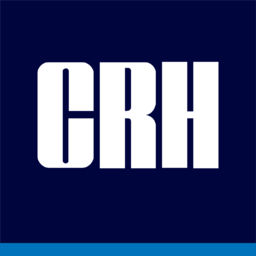
P/E ratio for Cement Roadstone Holding (CRH)
P/E ratio as of April 2024 (TTM): N/A
According to Cement Roadstone Holding 's latest financial reports and stock price the company's current price-to-earnings ratio (TTM) is 0.
P/E ratio history for Cement Roadstone Holding from 2001 to 2011
P/E ratio for similar companies or competitors
| Company | P/E ratio | P/E ratio differencediff. | Country |
|---|---|---|---|
 Vulcan Materials VMC | 41.6 | N/A | 🇺🇸 USA |
 Cemex CX | 1.0000 | N/A | 🇲🇽 Mexico |
How to read a P/E ratio?
The Price/Earnings ratio measures the relationship between a company's stock price and its earnings per share. A low but positive P/E ratio stands for a company that is generating high earnings compared to its current valuation and might be undervalued. A company with a high negative (near 0) P/E ratio stands for a company that is generating heavy losses compared to its current valuation.
Companies with a P/E ratio over 30 or a negative one are generaly seen as "growth stocks" meaning that investors typically expect the company to grow or to become profitable in the future.
Companies with a positive P/E ratio bellow 10 are generally seen as "value stocks" meaning that the company is already very profitable and unlikely to strong growth in the future.